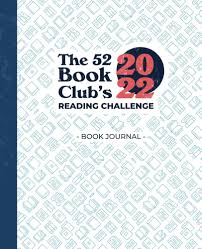The Importance of Reading in Today’s Society

Introduction
In an era of rapidly advancing technology and constant information overload, the importance of reading remains paramount. Reading, a fundamental skill, is not only essential for academic success but also plays a crucial role in personal development and mental well-being. As we navigate through the digital age, cultivating a reading habit can foster critical thinking, empathy, and creativity.
Current Statistics on Reading
Recent studies reveal that only 48% of Canadians aged 15 and older read books for pleasure. This is concerning, as the benefits of reading extend beyond mere entertainment. Research conducted by the Canada Council for the Arts indicates that reading enriches vocabulary and comprehension skills, which are vital for effective communication.
Benefits of Reading
Reading contributes to cognitive development as it stimulates mental engagement and imaginative thinking. Furthermore, a report by the National Endowment for the Arts highlights that regular readers are more likely to participate in cultural activities and community engagement. The psychological advantages of reading are profound; various studies show that readers often exhibit lower levels of stress and improved mental health. During challenging times, such as the COVID-19 pandemic, literature served as an escape, allowing individuals to find solace in stories and narratives.
Reading in the Digital Age
While the internet has transformed the way information is consumed, it does not diminish the value of reading traditional books. E-books and audiobooks have surged in popularity, especially among younger demographics, further diversifying reading formats. A survey by the Book Publishers Association of Canada noted a 24% increase in audiobook consumption in recent years, indicating that reading habits are evolving rather than declining.
Promoting Reading Culture
To foster a reading culture, communities and educational institutions must encourage access to books and resources. Initiatives like public libraries, reading programs in schools, and local book clubs play pivotal roles in engaging individuals in reading. The government and non-profit organizations also promote summer reading challenges and literacy campaigns to reach underserved communities.
Conclusion
The act of reading remains a valuable pursuit in today’s society. Encouraging reading not only strengthens familial connections through shared narratives but also cultivates informed citizens capable of critical thought. As we look to the future, promoting diverse reading habits, whether through digital means or traditional literature, will be essential in nurturing a more educated and empathetic society. Ultimately, the significance of reading as a lifelong skill cannot be overstated; it is a gateway to knowledge and understanding that benefits the individual and society at large.









